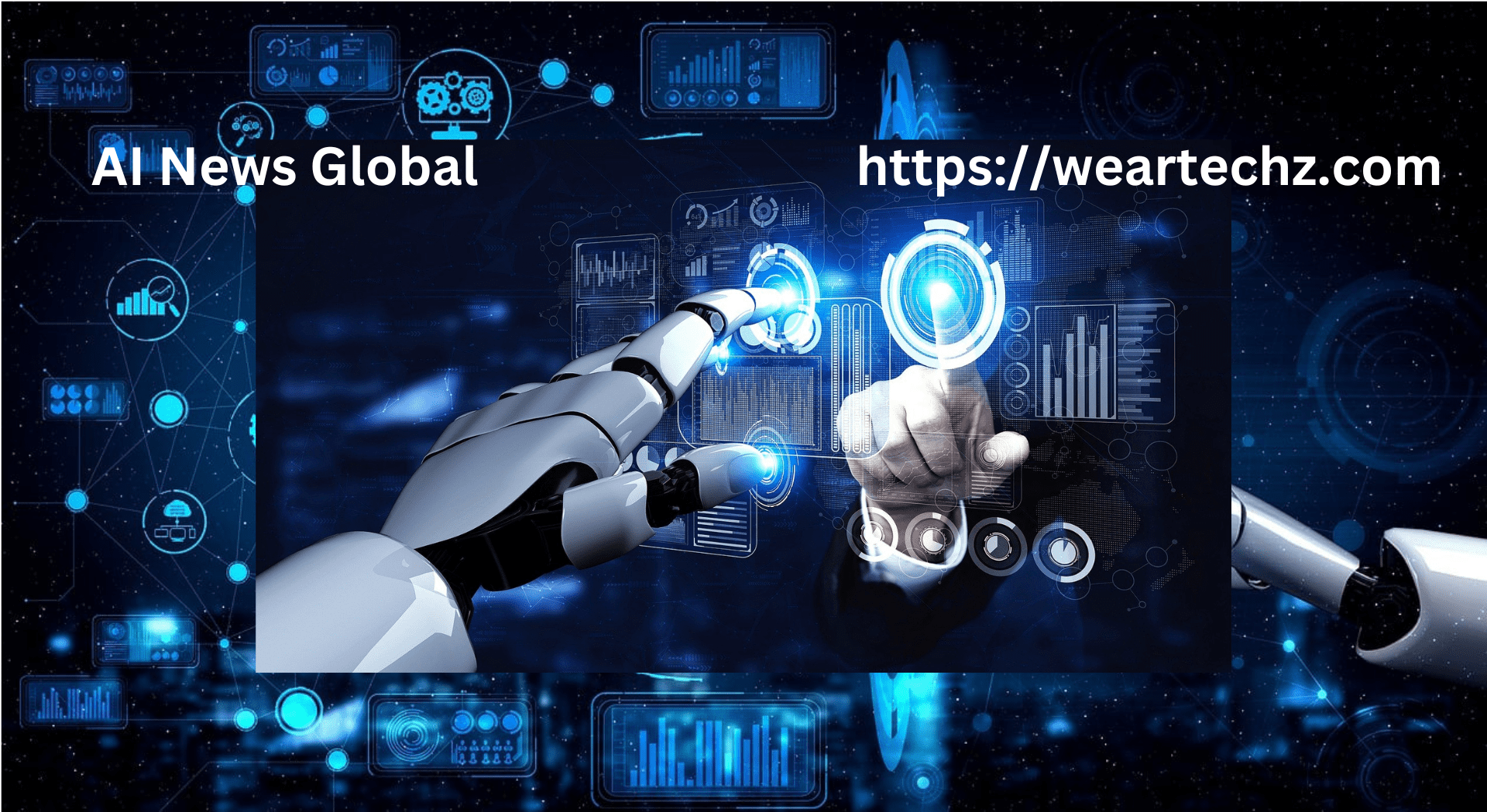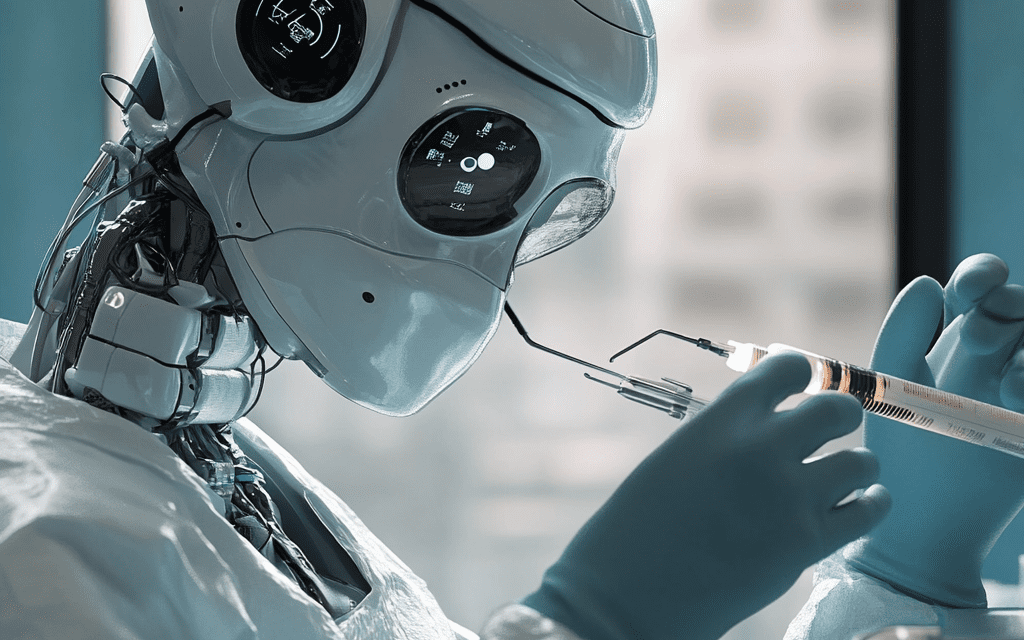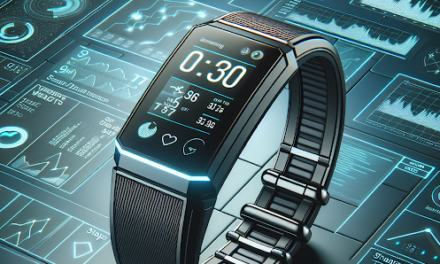The future of medicine looks bright with new technology and innovations improving the industry
The HealthTech industry is experiencing a transformative change, propelled by innovative technologies that can drastically alter healthcare provision and enhance patient results.
While conventional approaches have taken us a long way, to instigate significant progress in medicine, we need to adopt a novel perspective, undertake audacious actions, and welcome innovation at all levels.
As we traverse this exhilarating period, it’s vital to maintain equilibrium between technology progress and ethical issues along with data protection, to guarantee a future where healthcare is not just more effective, but also fairer and more reachable for everyone.
The healthcare sphere has seen a remarkable increase in technological progress in the last few years, radically transforming the face of healthcare. Innovations such as artificial intelligence (AI), wearable tech, and real-world evidence production are increasing healthcare delivery efficiency and vastly bettering patient outcomes. As we stand on the brink of this revolutionary period, comprehending the prospects and impacts of these emerging technologies is vital.
For example, in the realm of cancer therapy, there has been a recent shift towards personalized medicine, which customizes treatments based on the patient’s genetic makeup and clinical history. This is indeed a considerable advancement, but we are hopeful that some of the technology detailed below, combined with innovative research methods, can pave the way for a better future.
Artificial Intelligence in Healthcare
The healthcare industry has been profoundly impacted by the innovative application of machine learning, a key component of artificial intelligence. AI has exhibited remarkable potential in, ranging from diagnostics to customized treatment protocols and drug development.
Machine learning models can process and interpret enormous volumes of healthcare data with unmatched speed and precision, facilitating early identification of diseases like cancer, diabetes, and heart-related ailments. For example, AI-enabled imaging systems can detect irregularities in medical images with more accuracy than human radiologists, resulting in more precise and earlier diagnoses.
In addition, AI is significantly contributing to the progression of personalized medicine. Through the assessment of a patient’s genetic composition, lifestyle, and environmental influences, AI is able to customize treatments to suit individual requirements, maximizing effectiveness and reducing negative side effects. This degree of personalization is transforming our methods of tackling chronic illnesses and intricate conditions, offering promise for enhanced control and even potential remedies.
Devices for Wearable Technology
In the health tech arena, wearable technology has emerged as a game-changing innovation. Comprehensive health monitoring systems have been developed in the form of devices such as fitness trackers and smartwatches, or Fitbit that has garnered over $200 million in funding.
These are capable of tracking vital signs, identifying irregularities, and delivering real-time data to both healthcare providers and patients. For instance, continuous glucose monitors for patients with diabetes provide real-time blood sugar readings, enabling instant modifications to insulin therapy. Similarly, wearable ECG monitors can identify irregular heartbeats, leading to prompt medical interventions.
The incorporation of wearable technology into telemedicine systems is elevating patient care to new levels. Patients are now able to transmit their health data to their healthcare providers remotely, which allows for ongoing surveillance and prompt action without the necessity of regular in-person consultations. This not only increases comfort for patients but also lessens the strain on healthcare establishments, rendering the system more proficient and available.
Technological advancements in Blockchain
The rising use of technology in healthcare is another significant area of innovation. Blockchain provides a secure and transparent method to manage medical records through services like MedRec, guaranteeing data security and confidentiality.
With blockchain, patients gain increased control over their health data, enabling them to permit access to particular healthcare providers when necessary. The easy and safe exchange of medical records can improve cooperation among healthcare experts, leading to more synchronized and efficient treatment.
The COVID-19 crisis has sped up the use of digital health solutions, highlighting their critical role in preserving healthcare continuity amidst emergencies. Telehealth consultations, distant patient surveillance, and AI-based diagnostic instruments have shown to be crucial in handling the rise in healthcare needs while reducing the infection risk. The crisis has also underscored the requirement for robust and flexible healthcare infrastructures, which can be supported by these emerging technologies.
Nevertheless, with the adoption of these technological improvements, it’s crucial to tackle the difficulties they bring along. Prioritizing data protection and preserving patient confidentiality is mandatory. The growing dependence on online platforms exposes the healthcare industry to potential cyber threats, calling for solid cybersecurity strategies. Besides, the moral repercussions of AI in healthcare, like bias in algorithms and clarity in decision-making, require thoughtful examination and control.
The HealthTech industry is experiencing a transformative change, propelled by innovative technologies that can drastically alter healthcare provision and enhance patient results. While conventional approaches have taken us a long way, to instigate significant progress in medicine, we need to adopt a novel perspective, undertake audacious actions, and welcome innovation at all levels.
As we traverse this exhilarating period, it’s vital to maintain equilibrium between technology progress and ethical issues along with data protection, to guarantee a future where healthcare is not just more effective, but also fairer and more reachable for everyone. Read More





